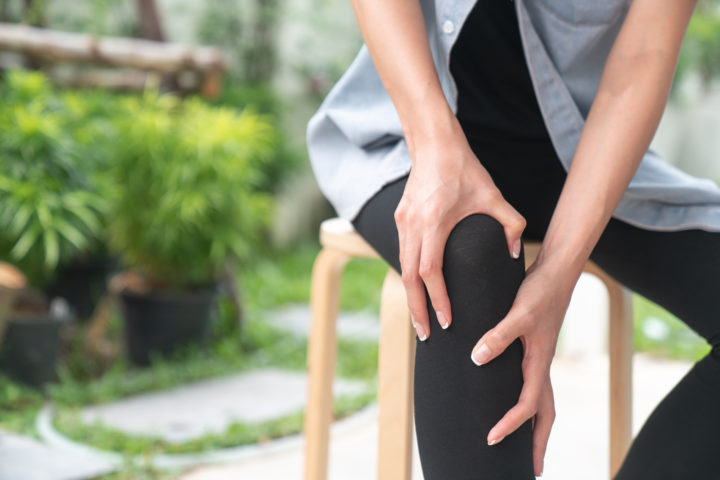Sometimes, I just want to ignore the reality that the world habitually tries to have control of how I treat, display, and exist inside my body. While I’d like to say that virtual reality is free of all the things I deal with offline, I’d be lying if I did. Real world problems proliferate online, rather than disappearing.
A University of Maryland study revealed that feminine usernames in online forums averaged 100 sexually explicit or threatening messages a day to the 3.7 averaged by masculine ones. If you got catcalled that many times, it would drive anyone crazy—and who says online harassment can’t be just as unsettling? The volunteer organization Working to Halt Online Abuse reported that 72.5 percent of their harassment reports were made by females.
And the internet isn’t just a hostile environment for grown women. That ABC film Cyberbully wasn’t too far off; teenage girls are significantly more likely than boys to be bullied online. With apps like Yik Yak specifically made for schools, you can imagine that the internet is like steroids for the high school gossip system.
Amanda Hess, a female journalist, wrote an article called “Why Women Aren’t Welcome On the Internet” that highlights many different instances of online harassment that, if it had happened in person, would have these men behind bars. After outlining the ridiculous amount of messages and mentions she receives, ranging from insults comments on her appearance to threats of sexual violence, she says, “None of this makes me exceptional. It just makes me a woman with an Internet connection.” She’s right, too—any woman who uses the Internet, as a platform for her writing, especially if she writes on women’s issues such as sexuality or feminism, preemptively braces herself for whatever type of harassment is on the other side of the “Publish” button.
#FreeTheNipple is just as real online as it is off—women whose nipples are visible, whether it be for breast feeding or in a totally nonsexual setting, have their photos removed from online platforms like Facebook and Instagram every day. These photos disappear so quickly, while Facebook groups dedicated to insulting women and even some that promote gendered violence can exist for months before being shut down. And don’t even get me started on “revenge porn.”
This is all very disheartening, especially if you’re like me and you have friends and collegues that receive inappropriate messages and scathing criticism for almost everything they do virtually. But it isn’t all bad—just look at Caroline Criado-Perez, who began retweeting harassing tweets after they started pouring in about her petition to see more women on British bank notes. Not only did she see her follower count grow steeply, she also gained tons of support. So much so that the huge amount of international criticism drew the attention of Scotland Yard.
It’s having that support, both online and off, and fighting back against the harassment and regulations placed on women’s bodies, that will eventually make it safe to be a woman with an internet connection. Until then, remember that no one can bother you on Netflix!
Cover image courtesy of Shutterstock.




comments